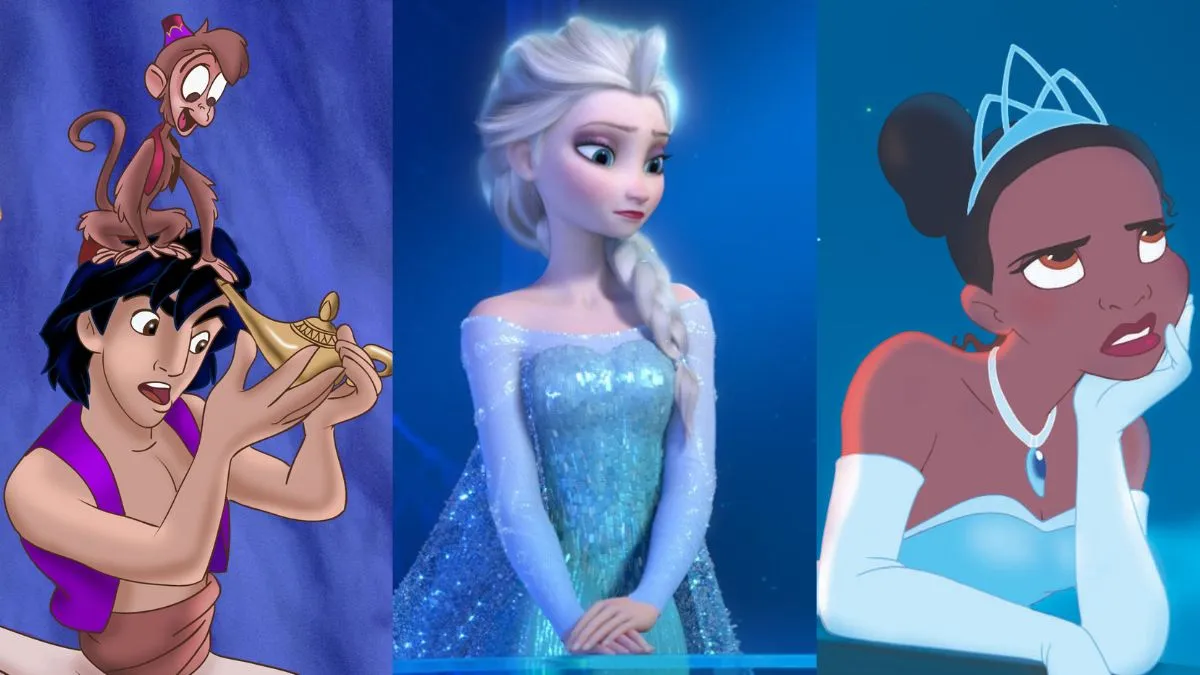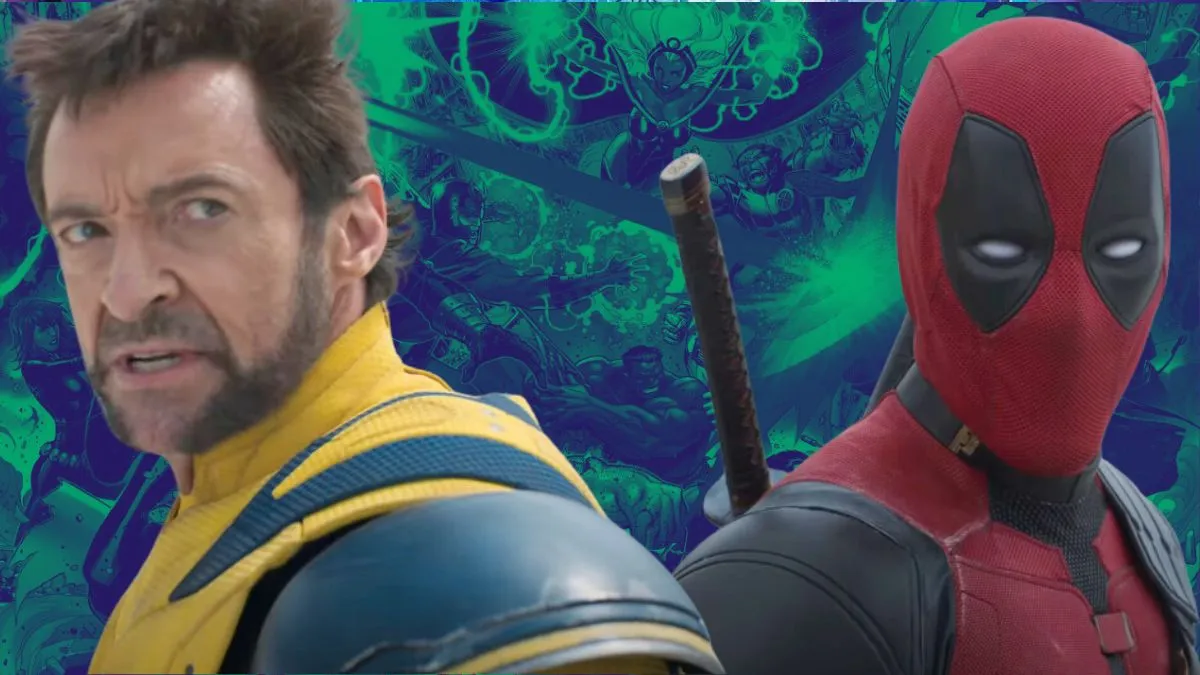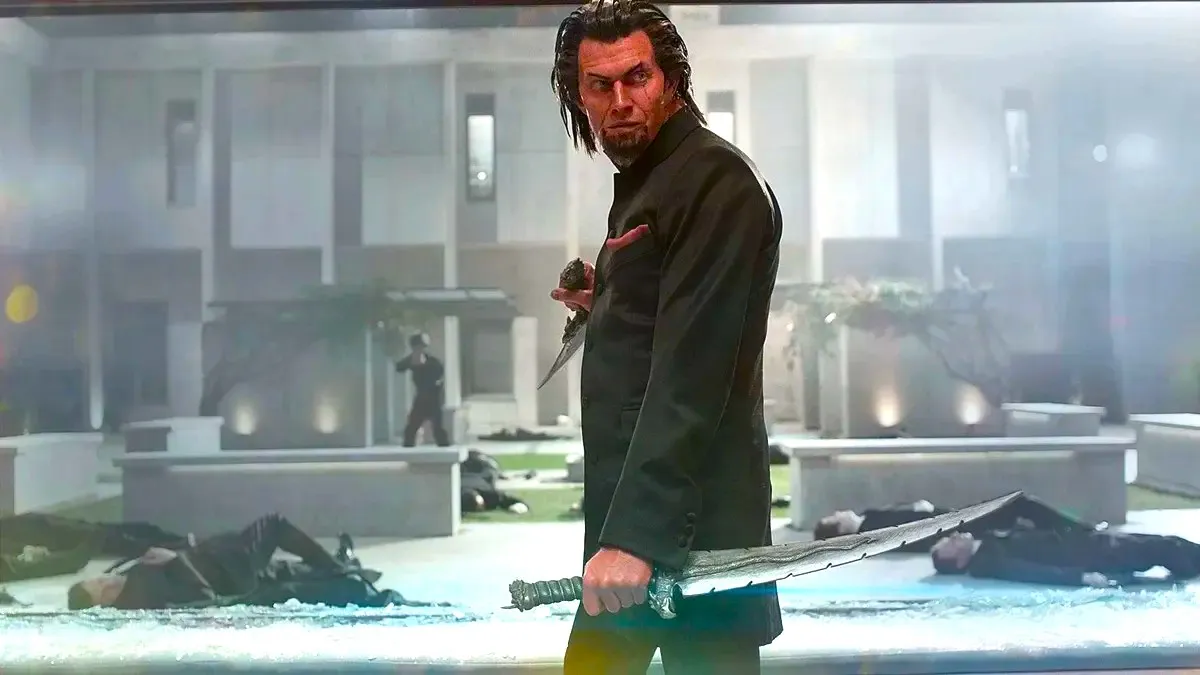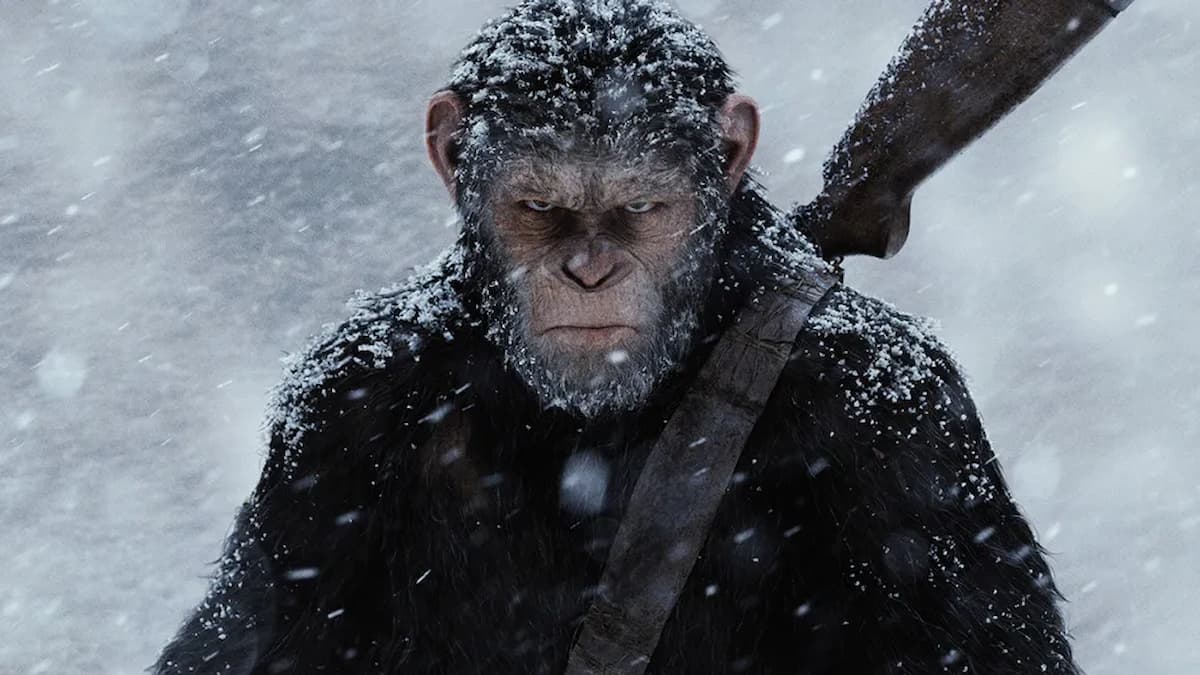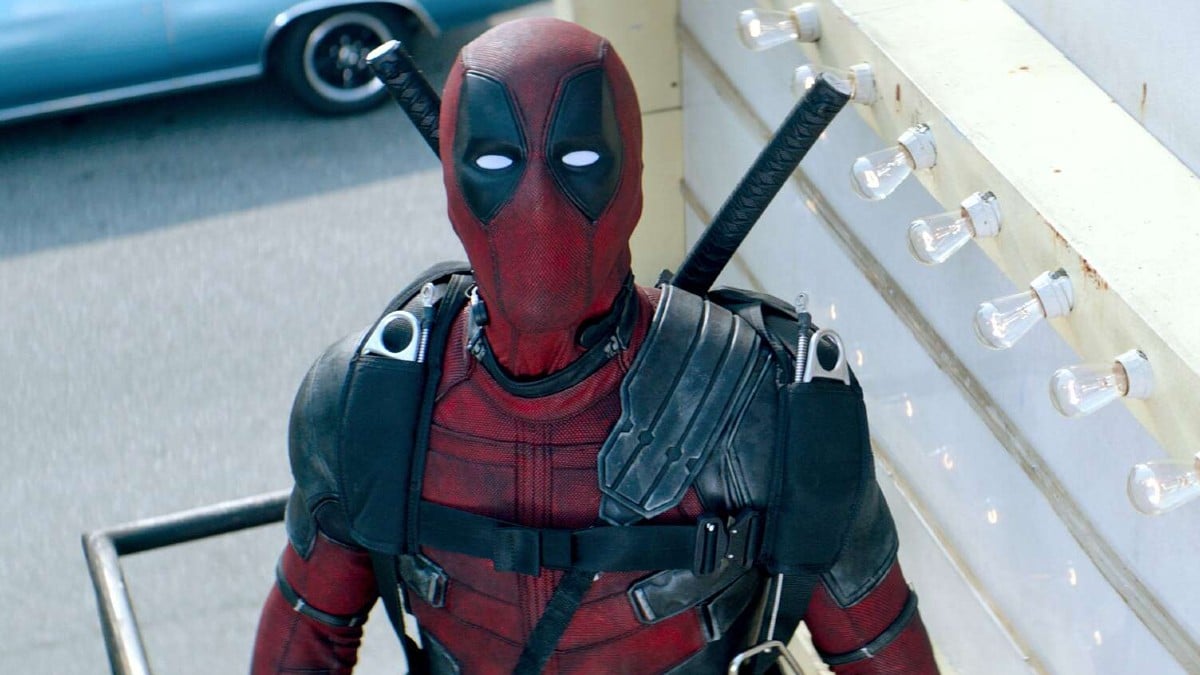
It may be easy to dismiss a remake of an already very popular (albeit foreign: a dirty word to most North American film distributors, not to mention audiences) adaptation of a best-selling novel whose main character has officially entered into the pop cultural zeitgeist. “But I’ve already seen the Swedish version” remake detractors often say, patting themselves on the back with self-congratulations akin to having gone through a particularly painful dental appointment without anaesthesia.
So let’s just get this out of the way: yes, you’re very impressive for having watched Niels Arden Oplev’s adaptation of Stieg Larsson’s novel (originally titled “Men Who Hate Women”), but you’ll be doing yourself a real disservice if you don’t seek out David Fincher’s version of The Girl With The Dragon Tattoo. It may not be a wholly original take on the material, but it sure is stylish and proves to be entirely satisfying in a cinematic comfort food kind of way.
For those who haven’t already indulged in the pulpy crime story in one form or another: Daniel Craig plays left-wing journalist Mikael Blomkvist, who’s just lost most of his savings and is facing the possible folding of his newsmagazine Millennium after losing a libel case to a slippery captain of industry.
Retreating to the shadows to lick his wounds, Blomkvist is summoned to a bleak, windswept Northern island populated by the Vanger clan, billionaire industrialists who have connections to the Nazis and who all live within a stone’s throw of one another but don’t ever speak.
Henrik Vanger (Christopher Plummer) has never gotten over the disappearance and probable murder of his niece Harriet some 40 years before, due to the fact that every year on his birthday, he receives what he believes to be a gift from Harriet’s killer who he’s convinced is taunting him.
Vanger asks Blomkvist to use his investigative skills to go over the case again; promising to reward him financially and provide information that will help pin down that slippery businessman who ruined Blomkvist’s reputation as a journalist.
Meanwhile back in Stockholm, Lisbeth Salander (Rooney Mara), a sullen and often monosyllabic but unusually gifted computer hacker, has been busy vetting Blomqvist for the Vanger clan. Branded a ward of the state, Lisbeth must make regular appearances before an oily parole officer (Yorick van Wageningen) intent on using his power over her to his own disgusting and nefarious advantage.
When Blomkvist learns that someone’s been electronically tracking his every move, he shows up at Lisbeth’s door and convinces her to help him crack the case. Together they uncover a series of long-unsolved crimes that may be connected to both Harriet’s disappearance and the Vanger family’s monstrous past.

At 2 hours and 40 minutes, there are times when the story’s forward momentum feels plodding (Fincher has added elements from the source material that were absent from Oplev’s version) and at the end of the day, the resolution of the central story comes via the two main characters ploughing though endless old documents and photographs; pretty much the antithesis of dazzling on-screen mystery-solving.
Still, Fincher and screenwriter Steve Zaillian (Moneyball) have managed to create a sleeker, sexier film that feels intense and disturbing in a way that pays perfect homage to Larsson’s grim pulp fiction novel.
Mara puts her own spin on Lisbeth Salander (who was brought so ferociously to life by Noomi Rapace in the Swedish film), choosing to play her as a wounded animal that appears to be vulnerable until she’s backed into a corner. It works especially well in conjunction with Craig’s quietly masculine performance: it’s easy to see why these two misfits would ultimately be drawn to one another.
Fincher’s The Girl With The Dragon Tattoo manages to build on the original film without copying it, reinventing it or ignoring it. He’s made the story more cinematic and sweeping while still maintaining the quiet contemplative tone of the first film.
Even for those who ardently believe that this version’s mere existence is useless, it’s a feat well worth checking out and a filmmaking mystery that fans of the series will unquestionably enjoy attempting to solve for themselves.


